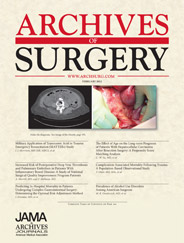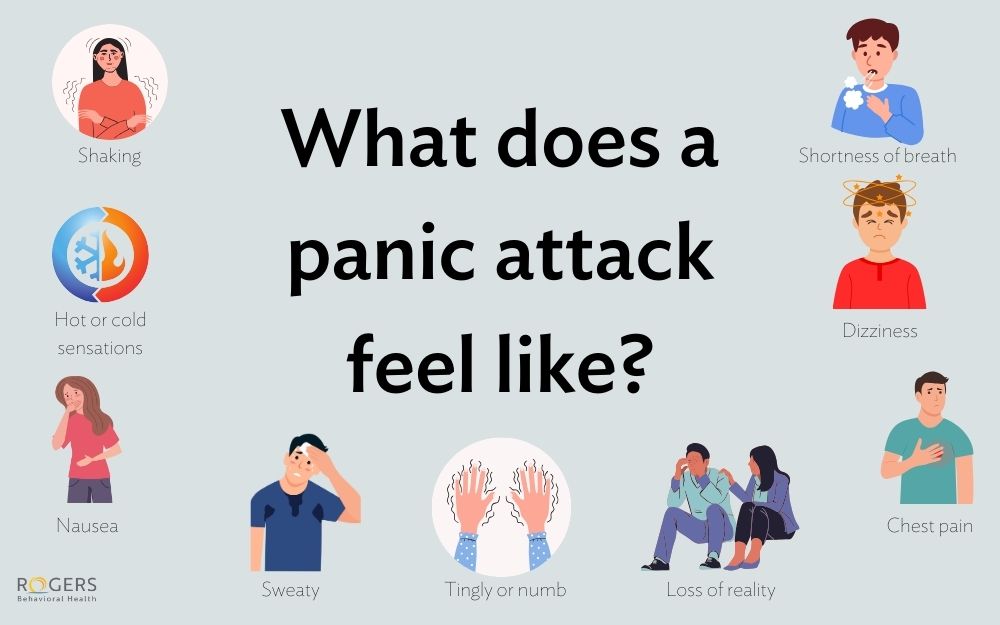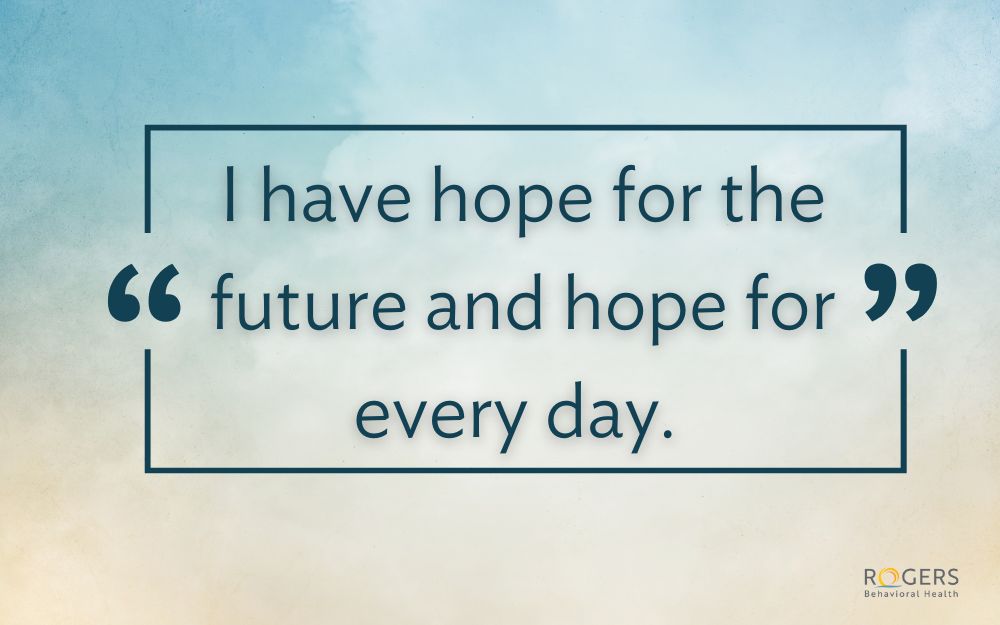Alcohol-use disorders reported by 15 percent of surgeons surveyed
Posted on 04/20/12 10:27:am
Surgeons are showing slightly higher instances of alcohol-use disorders (15%) compared to the general population (8-12%), according to a recent study published in the Archives of Surgery. Those who responded reported drinking behaviors that could be categorized as full-fledged abuse or dependence. The study’s lead author, Dr. Michael Oreskovich, said that he hopes that by showing the high percentage of surgeons who have a problem will help destigmatize the illness and result in more physicians coming forward in future polls.
Michael M. Miller, MD, FASAM, FAPA, medical director of the Herrington Recovery Center, gave his impressions of the study and shared some thoughts about how to best address the problem of substance-use disorders with physicians.
This is a very useful study.
It’s been known for years that physicians have rates of addiction that, in general, mirror the rates in the population at large. For some substances, use rates may be lower than the general public, but for prescription drugs available in a physician’s workplace—especially drugs used in the operating room—rates of addiction in physicians significantly outpace the rates in the general population.
We’ve known for years that anesthesiologists, emergency medicine physicians, and psychiatrists have higher likelihood of having addiction than physicians in other specialties. There have been interesting ‘self-report’ survey studies done of surgical residents, including at the University of Wisconsin. This nationwide survey of practicing surgeons, conducted by the University of Washington, is one of the first of its kind.
How do we reduce the rates of addiction among physicians? One way is the way other employment sectors do it: try to ‘screen out’ persons at greater risk or who already seem to have the condition, at the point of job entry (pre-employment screening). But that approach is an odd twist on the human-nature approach to problems of “not in my back yard”-it doesn’t try to address the problem and improve treatment of human beings, it just says “let’s find those with the problem and make sure they go somewhere else and don’t work here!”
I think we should stipulate that addiction (and depression, and other conditions) happens among physicians. We’re in denial if we contend otherwise. Physicians are people first, after all—vulnerable to all aspects of “the Human Condition.”
What do we do about it? Physicians who have worked in the area of Physician Health—like Dr. Oreskovich, the author of this study—know that creating a hostile, scorning, “kick em out” environment, actually sustains the problem or lets it get worse, because physicians don’t come forward and acknowledge their difficulties, they ‘go underground’ to avoid detection and sanctions. The way to reduce the number of practicing physicians who have active addiction, is to identify cases and compassionately refer those persons to treatment at treatment centers like the Herrington Recovery Center at Rogers Memorial Hospital.
When there is a mechanism other than a punitive mechanism that can evaluate issues of physician health and outline a path to recovery for the person, refer the person to treatment, and then , the status of recovery over time (several years) after successful completion of the initial treatment encounter, then physicians will enter treatment, even by self-referral. When physicians know that s in addiction is identified, they can still practice and not lose their license just because of a diagnosis they have, then it is safe for them to step forward.
The topic of drug testing for surgeons and other physicians is an interesting one. American culture on the whole views drug testing as a way to engage in ‘gotcha’ endeavors: let’s find the person who is using drugs, and who has not been honest about that, and when we have ‘proof’ of drug use, let’s kick ‘em out—of extracurricular activities at school, of public housing, of eligibility for food stamps or student loans, of the opportunity to be offered an open employment slot, or of a hospital medical staff. This punitive approach makes people, including doctors, leery about pre-employment or random drug testing regiments.
If drug testing were used under a true public health rubric—true screening for unrecognized disease so that early intervention and referral to necessary treatment could reduce the incidence of new disease, the duration of existing disease, and the disability and death from established disease—then it could truly generate benefits for society, from the secondary school to the professional school level, and in the area of physician health and patient safety. Helping docs who are ill is the way to go; punishing them for being detected as having a disease, is the best way to keep them “hidden,” untreated, and still treating patients even while they are sick.”



